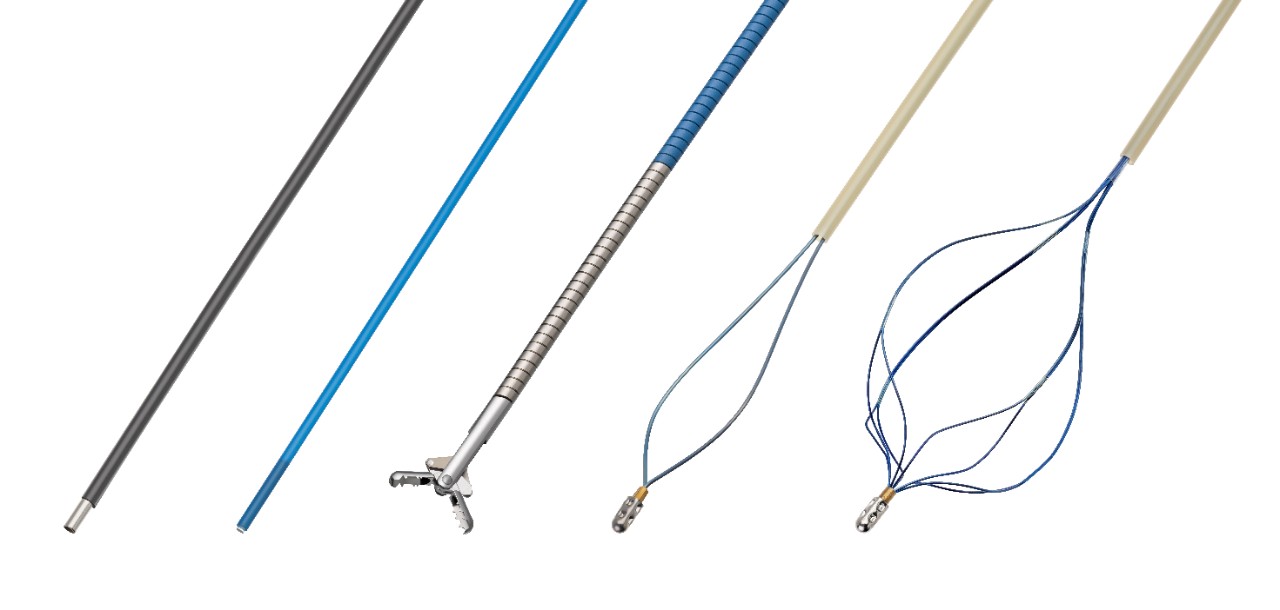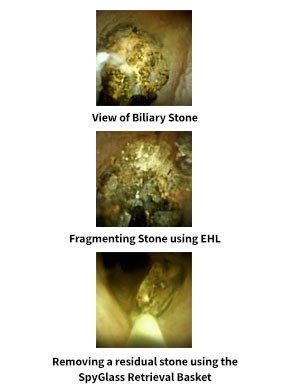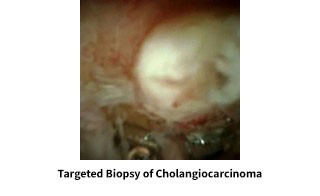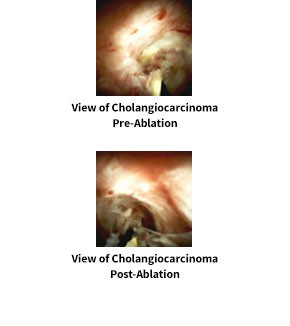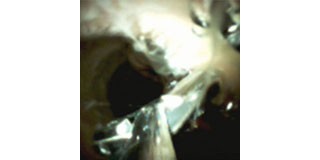SpyGlass™ DS
Direct Visualization System
Key Resources
Get the latest updates in cholangioscopy
Indications, Safety, and Warnings for SpyGlass DS Digital Controller
Indications, Safety, and Warnings for SpyScope™ DS
Indications, Safety, and Warnings for SpyBite™ Single-Use Biopsy Forceps
Indications, Safety, and Warnings for SpyBite Max™ Single-Use Biopsy Forceps
Stone Management
- Approximately 10-15% of biliary stone cases are considered difficult and cannot be treated effectively using standard ERCP techniques.2
- Direct visualization stone clearance using EHL has been shown to be clinically effective with demonstrated procedural success, with single-session stone clearance rates of 74.5%1.
- The SpyGlass Retrieval Basket can be used to capture and remove residual biliary and pancreatic stones and stone fragments visualized with the SpyGlass DS System.
- Achieving single session stone clearance and reducing the need for a repeat procedure(s) may deliver greater patient satisfaction and decrease unnecessary procedural costs.
Stricture Management
- Performing biopsies under direct visualization using the SpyGlass DS System and SpyBite™ Biopsy Forceps (86% sensitivity)3 may enable faster, more accurate diagnosis of malignancies compared to brush cytology (45% sensitivity)4.
- NEW SpyBite Max BiopsyForceps- a design enhancement to the legacy SpyBiteBiopsy Forceps- have been shown to acquire more than 2X tissue in an average bite.5
- In a prospective study of 289 patients, diagnostic ERCP with cholangioscopy altered patient management in 85% of patients and had high procedural success and high accuracy in helping to diagnose indeterminate strictures.6
- The new SpyGlass Retrieval Snare is designed to enable efficient capture and removal of foreign bodies in the biliary and pancreatic ducts, such as migrated plastic stents, during an ERCP procedure.











